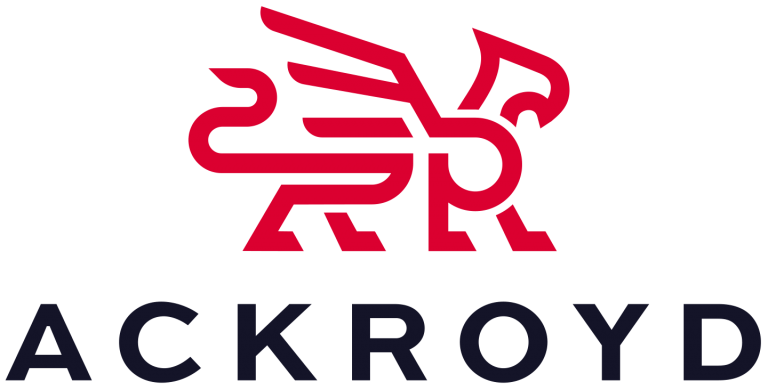Owning a property is a milestone that many want to experience. However, understanding the differences between freehold and leasehold property can be one of many questions that come to mind when thinking about buying a home, and can be made easier with the assistance of our expert team of residential property solicitors.
What is a freehold property?
A freehold property means you purchased the land and the house and own it outright.
What is a leasehold property?
Purchasing a leasehold property is like buying its “right to use.” You own the property throughout the length of the lease agreement with the freeholder who is also legally known as the “landlord”.
For clarification, the freeholder, although commonly called landlord, does not function in the same way as a landlord that you rent off.
The landlord in a leasehold property can either be an individual or an organisation such as a housing association or local authority.
In a leasehold property, you are the leaseholder and the freeholder is the person or organisation that owns the land that the property is on.
When the leasehold expires, the ownership of the leasehold property is reverted back to the freeholder.
The most common examples of leasehold properties are apartments and flats. For instance, you own the flat but don’t have any stake in the building where the unit is situated.
What should I look for when buying a leasehold property?
Buying a leasehold property means taking over the lease of a property from the previous owner.
Before you make an offer on a leasehold property, here are some things to consider:
- The remaining years left on the lease. This can impact your capacity to get a mortgage and the property’s resale price.
- How much annual payments will cost you such as rent, service fees, other charges, and possible ground rent increase.
- Whether the freeholder can be identified.
How long do leaseholds last?
You will own a leasehold property for a specific period of time. The lease agreement will specify the time of the lease and how much is left.
A common lease term ranges from 99, 125, or 999 years. But, this duration can vary.
The reason for such varying years left on the lease is because the term does not reset when the property is sold from one leaseholder to another.
Instead, the leasehold term continues when the freeholder (landlord) creates an agreement with another leaseholder. Therefore, the original lease duration reduces as the years go by.
Can a low remaining lease term affect getting a mortgage?
As for the impact of a lease contract on mortgages, it is down to the individual mortgage lenders as to whether they are able to give mortgages for a lease with a low number of years left. If the remaining term is less than 80 years, you may have problems getting a mortgage. However, it is important to seek independent advice.
Challenges you may encounter in selling a leasehold property
The process when selling a leasehold property is similar to that of a freehold property, however, the challenges may come when the buyer is perhaps put off by the number of years left on the lease.
You may find that if the property has a limited number of years left on the lease that they are not able to get a mortgage for the house. Similarly, buyers may be cautious about buying as it may mean that they would struggle to sell the house in future.
Can I rent out my leasehold property?
In some cases you may be able to rent out your leasehold property, however, you must check the following before doing so:
- Check the lease contract/agreement for provisions on subletting. The subletting clause commonly states where there is a need for the freeholder’s consent.
The freeholder may grant or refuse this request and may charge subletting fees. However, getting the freeholder’s consent can be tricky if you cannot track down their whereabouts.
- Your mortgage terms may indicate whether you need permission from the lender to sublet.
If the mortgage lender agrees to sublet the property, you are responsible for notifying your insurance provider.
What happens to a leased property when the lease expires?
When your lease expires, you do not have to leave your property.
If your lease has expired, you can consider a few different options to either extend it, end it, change it or buy the freehold:
- Extending: The lease extension can either be 50 years (for a house) or 90 years (for a flat).
- Changing: Changing the lease is also known as “varying the lease.” You can negotiate specific terms, and if you cannot agree, both parties can apply to a tribunal.
- Ending: Ending the lease can either be voluntary or through “forfeiture proceedings.” A one-month notice will suffice if you want to end the lease voluntarily.
- Buying the freehold: You can buy the property from your landlord. If it’s a flat, the general rule is to buy a share of the freehold. If it’s a house, you may have the innate right of buying the property. As the leaseholder, you have the right to be offered first refusal to buy the freehold if the freeholder (the landlord) is looking to sell the property.
If you are looking at buying a property and are unsure where you stand with leasehold property, or perhaps you need assistance with the conveyancing process, please do not hesitate to contact us today to see how we can help you on 020 3058 3363. Additionally, you can learn more about our residential conveyancing services.


